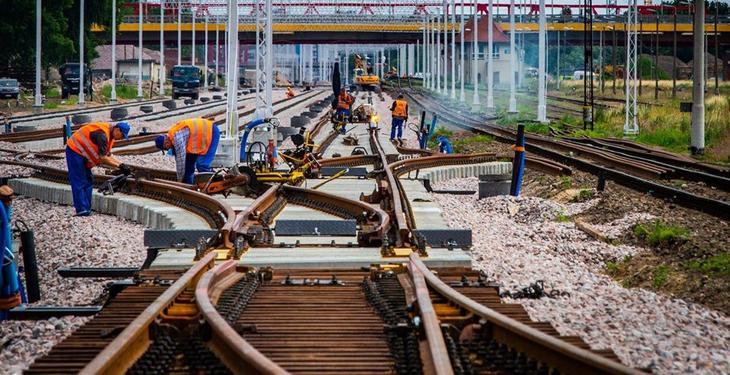The European Parliament and the Council agreed on the Connecting Europe Facility (CEF) proposal, worth €33.7 billion, as part of the next long-term EU budget 2021-2027.
The Connecting Europe Facility programme supports investment in Europe’s transport, energy and digital infrastructure networks. It will support the twin green and digital transition, by contributing to the ambitious targets for the European Green Deal and the Digital Decade.
It will support the goals of the Smart and Sustainable Mobility Strategy laying the foundation for how the EU transport system can achieve its green and digital transformation and become more resilient to future crises. As outlined in the European Green Deal, the result will be a 90% cut in emissions by 2050, delivered by a smart, competitive, safe, accessible and affordable transport system. It will also prioritise environmentally friendly modes such as rail and the development of charging points for vehicles using alternative fuels.
The digital strand of the Connecting Europe Facility programme will help develop and deploy innovative, secure and sustainable cross-border digital infrastructures, to enable digital networks and services to flourish and support Europe’s vision in the Digital Decade for 2030, building on the 2025 Gigabit Society goals. It will also equip major transport paths, such as road, rail, maritime routes and ports with resilient, high-speed connectivity.
Commissioner for Transport, Adina Vălean, said that the Connecting Europe Facility would serve to bridge critical cross-border transport connections, shift more traffic towards rail and inland waterways, and boost multimodal integration. “We must have a smarter, more sustainable and crisis-proof transport system, and CEF will be key to making that happen”, Vălean also said.
This provisional agreement now has to be formally approved by both the European Parliament and the Council.
“The strengthened CEF will support the revised trans-European energy networks policy by investing in smart and sustainable cross-border infrastructure and, for the first time, incentivising new cross-border renewable energy generation projects”, Commissioner for Energy, Kadri Simson, said.
The CEF financial contribution comes mainly in the form of grants, with different co-financing rates depending on the project type. Under CEF Transport, €25.8 billion will be made available for grants from the EU’s 2021-2027 budget to co-fund transport projects in the EU Member States. Under CEF Energy, €5.8 billion will be made available to co-fund projects of common interest under the TEN-E Regulation as well as cross-border projects in the field of renewable energy. CEF Digital will invest €2 billion in European connectivity infrastructures and will stimulate the deployment and take-up of the fifth-generation of mobile (5G) networks by local communities.
